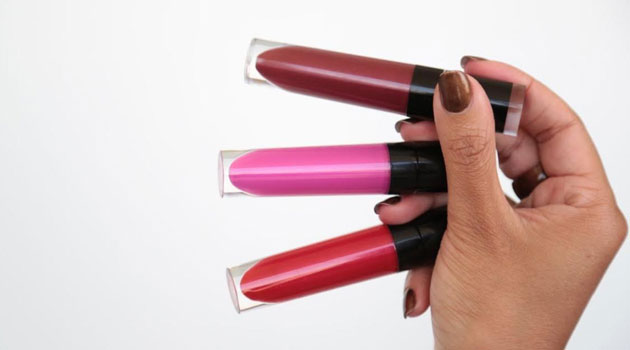– Change is on the way –
This routine is however about to change for many.
The National Treasury Cabinet Secretary Henry Rotich on Wednesday announced that the government was planning to introduce exercise duty on cosmetics and beauty products at a rate of 10 percent beginning July 1 2016.
Oriflame East Africa Marketing Manager Mary Riungu says that with the added taxes, the overall cost of the products will be affected with the consumer picking the burden.
“Even though we haven’t determined what the new prices will be, at the end of the day we are in business and we want to meet our margins. Hence an increase in prices will be inevitable, both for Oriflame and other players in the industry.”
She however says that the increase in prices might not significantly affect the company’s sales as with the nature of its products – which are mainly high end – their customers are mostly loyal to the brand.
“Our target customers are mainly very conscious and are mostly interested in quality. Therefore, we do not foresee a significant change on sales because of the changes in price,” Riungu says.
On the other side of town, Millicent Wanja who runs a cosmetics shop in Nairobi’s Tom Mboya street, gives a slightly different narrative. “Sales will definitely change for us seeing that most of our customers are very price conscious. It is the whole reason they come to us.”
But she is not worried about that saying that she, like many others who operate businesses similar to hers, has a readymade solution of sustaining sales.
“Counterfeit products will come into play at this point. Yes, we already do sell counterfeited products. But to sustain sales, our sources will provide us with products that are of lesser quality than the counterfeits we usually sell,” she says.
Wanja admits that her customers are in hundreds per month. And she is not alone, saying that the beauty and cosmetics industry is booming now more than ever.
ABC Capital Limited Manger, Corporate Finance and Advisory Johnson Nderi says he is not surprised by Wanja’s admission of the effects of introducing the excise duty.
He explains that such raft measures by the government usually create arbitrary opportunities for unscrupulous entrepreneurs who come to make money off price conscious customers.
“This ultimately means that many Kenyans will be exposed to substandard items, something the government should have protected them against in the first place.”
Top cosmetologist and beauty expert at Oriflame East Africa, Cynthia Atieno, advises against using counterfeit products saying they are harmful in the long run.
According to Atieno, most of the products are made from cheap raw materials that are not under strict regulation like the real deal. Additionally, most of them are not without toxins such as arsenic, lead, cyanide and mercury.
“While it might save you some money in the short term, there are dangers of using counterfeited products which include allergic reactions, disfigurement and even long term diseases. The products have also been associated with cases of infertility, while some ruin the skin permanently,” she says.



































